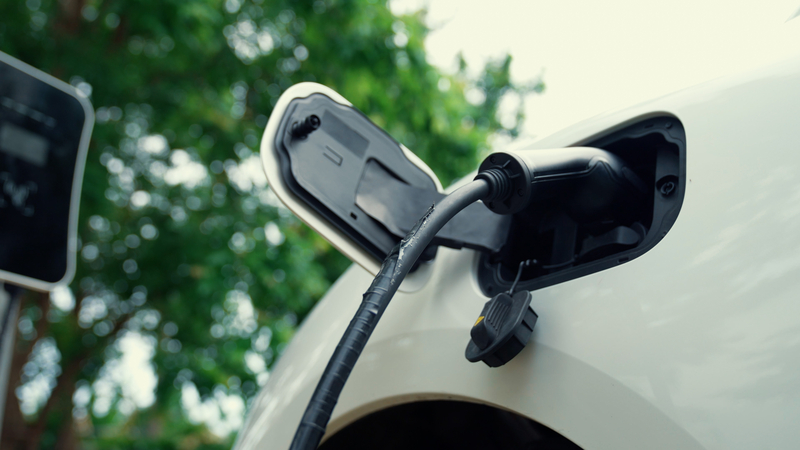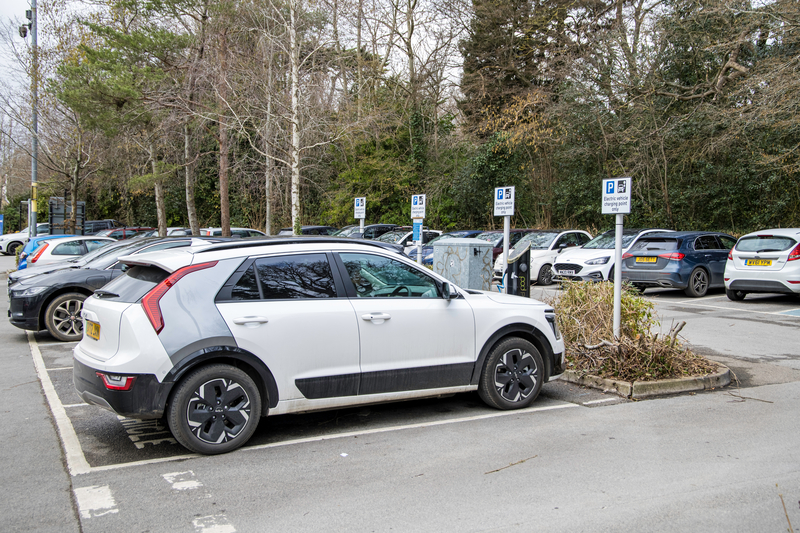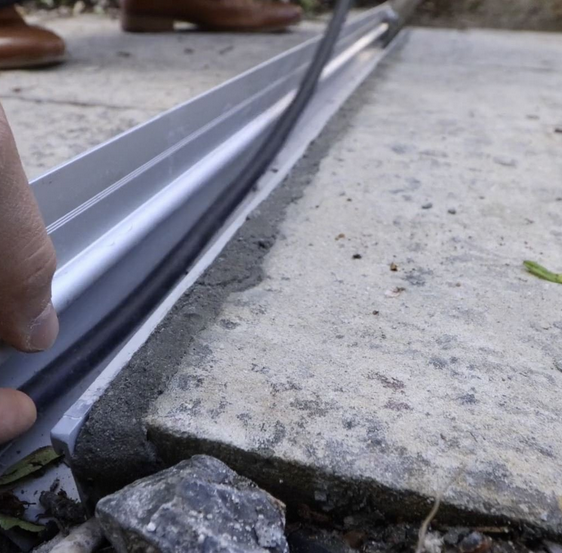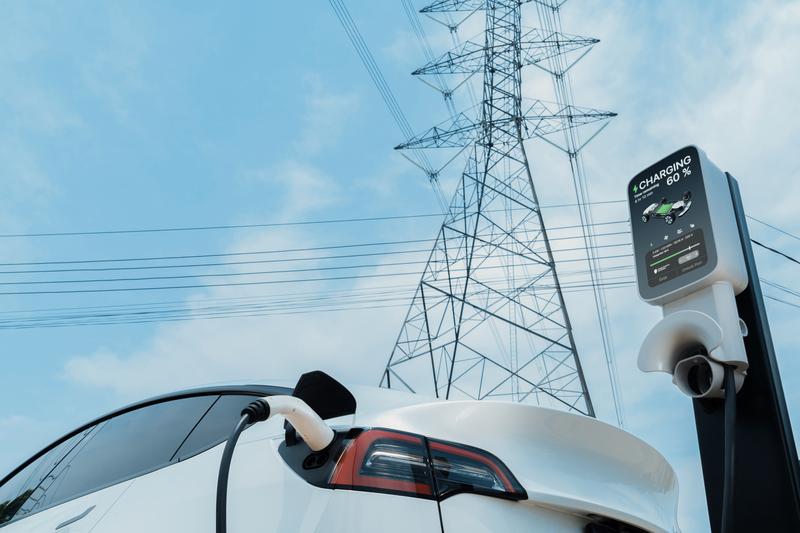
So what have the Conservatives and Labour got in store for the sector, and how do they plan to make sure there are sufficient chargepoints that are reliable and have enough available power to support the growing number of EVs? EVC&I has been taking a look.
Conservatives
The Conservative government has this month launched a 30-point plan "to put drivers back in the driving seat" which it says will help people make the switch to electric vehicles as the country continues its journey to net zero.
The plan includes measures to support the transition to zero emission driving by reviewing the grid connections process for EV chargepoints, with the aim of accelerating it.
The Conservatives say they will also consult on measures to speed up the approvals process for installation of chargepoints.
Other measures in the 30-point plan that affect the EV charging sector are:
- Providing dedicated, targeted support for schools to install chargepoints, using existing grants
- Widening eligibility of EV chargepoint grants to include cross-pavement solutions to make EV ownership a more practical option for those without off-street parking
- Providing guidance on the use of safe cross-pavement solutions
- Consulting on the expansion of permitted development rights, making private chargepoint installation cheaper and easier
- Working with industry to myth-bust concerns about EVs
Labour
The opposition Labour Party has set out its plans for EVs and charging infrastructure in somewhat more detail in the new 16-page "Driving a Growing Economy" plan for the automotive sector.
Labour says its strategy will deliver a comprehensive EV charging network. This includes plans to support both the supply and demand for zero emission vehicles by removing the barriers inhibiting consumers from making the transition. Paramount among those is their confidence that there will be the charging infrastructure in place for them to smoothly transition to an EV.
The document promises that Labour will accelerate the EV charge point roll-out by setting new binding targets. It states that these targets will be binding on the government itself to give consumers confidence in future supply, adding: "We will then delegate responsibility - tied to existing funding - to regional and local levels to ensure that there is a balanced spread of infrastructure across the whole country."
Labour also states that it will release and redirect existing chargepoint funding to ensure there is reliable charging coverage wherever you are in the UK. That includes the unreleased £950m Rapid Charging Fund, announced in March 2020. Labour says it would release funding as soon as possible and prioritise bids from areas where the market isn’t delivering a reliable network. It adds that this will give consumers confidence by helping to address huge regional disparity in access to charging infrastructure and plugging gaps in the network
The party pledges to remove barriers in the planning system to new chargepoints: "Labour will turbocharge planning decisions for net zero infrastructure like charging by removing unnecessary planning barriers that delay projects going ahead. The chargepoint rollout could be accelerated if rapid chargers were not subject to height restrictions that require planning permission.
"A comprehensive EV charging network will put enormous demands on the UK’s grid infrastructure. Labour will remove the barriers to grid expansion to facilitate the largest upgrade to our national transmission infrastructure in a generation. Expansions to the grid will also allow businesses to install their own charging infrastructure for their fleets more quickly."
Finally, Labour says there more must be done to improve the accessibility of EV chargepoint data for businesses and consumers, moving away from being burdened with needing countless apps and the poor quality information those apps contain. Labour adds that it supports moves to make chargepoint data open access as part of its industrial strategy to use data for the public good.
Adding to recent regulations, Labour says it would also set quality standards for information provided on charging apps so that drivers know with confidence that a chargepoint is available or out of order before travelling to the location.








![“As we enter 2024, smaller [EV charging] networks may struggle to remain competitive in the face of rising interest rates, leading to a consolidation of operators,” says Connected Kerb CEO Chris Pateman-Jones. Image: © Dreamstime/Welcomia “As we enter 2024, smaller [EV charging] networks may struggle to remain competitive in the face of rising interest rates, leading to a consolidation of operators,” says Connected Kerb CEO Chris Pateman-Jones. Image: © Dreamstime/Welcomia](/sites/evci/files/2023-12/dreamstime_EVs-charging-c-Welcomia.jpg)



